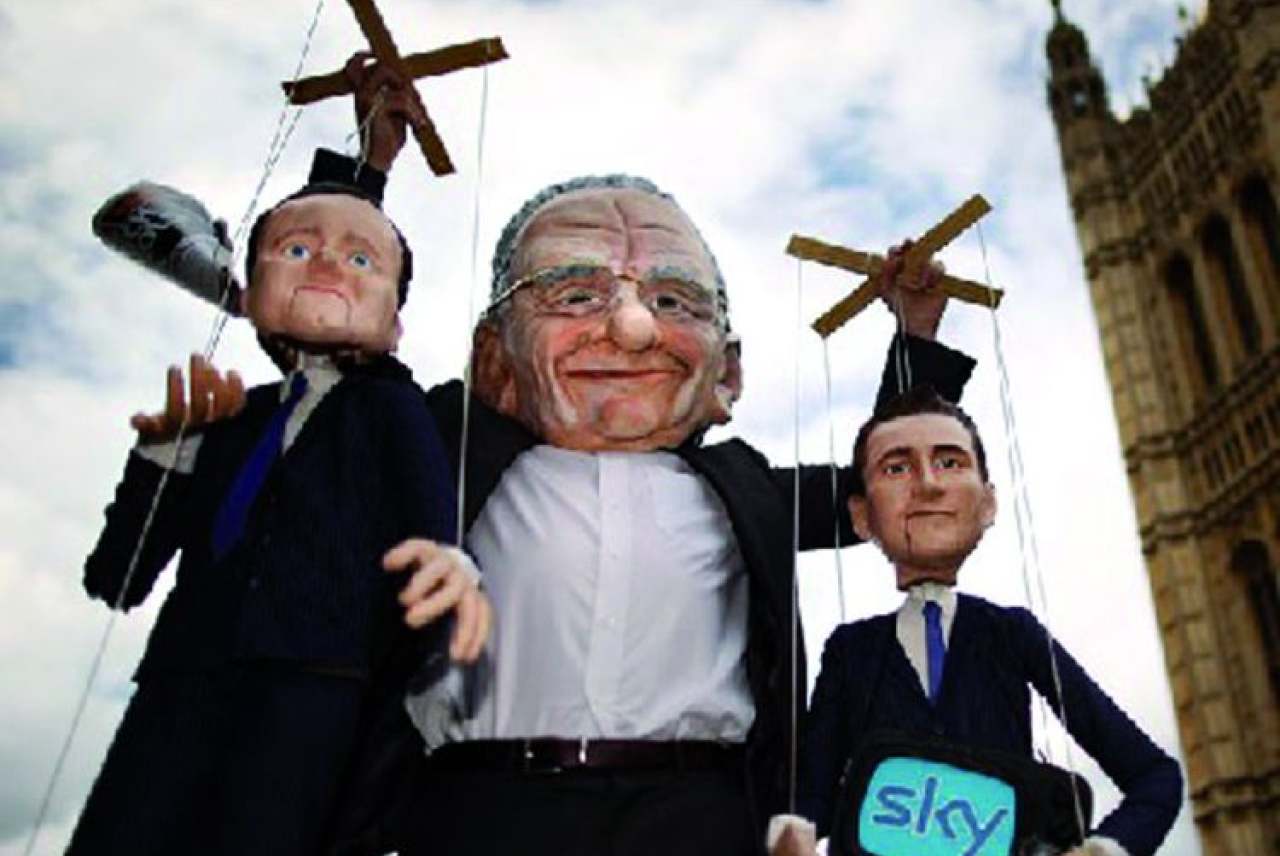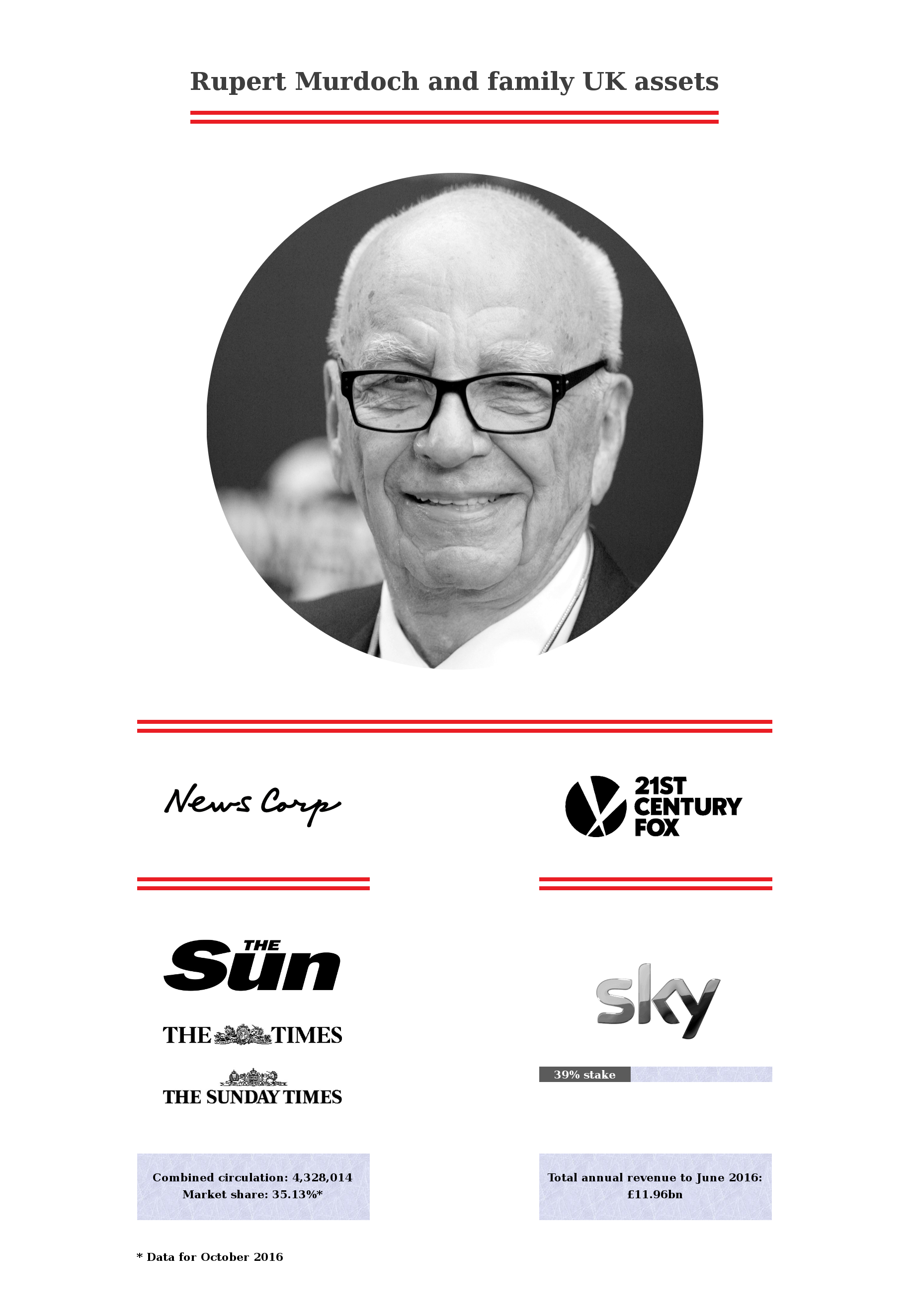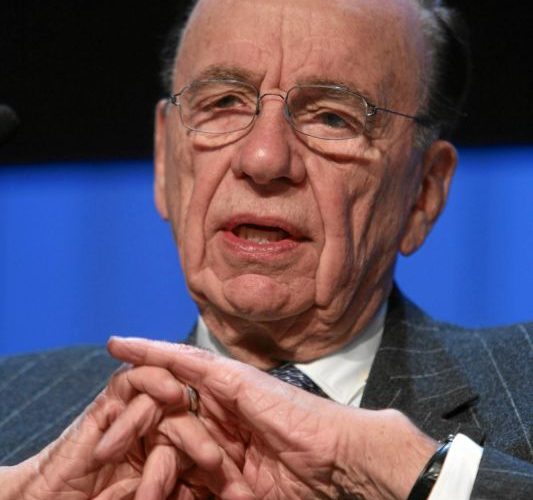The Influence Of Rupert Murdoch'S Media Empire On Modern Politics

Rupert Murdoch's media empire wields immense power over political discourse and public opinion. From newspapers to television networks, his outlets shape the narratives that influence elections and policy decisions. This article explores the significant impact of Rupert Murdoch's media on politics, focusing on how it drives political campaigns and shapes public perceptions.

The Rise of Rupert Murdoch
Rupert Murdoch began his career in Australia, taking over his father's newspaper in 1952. His ambition propelled him to expand into the UK and then the U.S. By acquiring assets like The Times and The Sun in the UK and Fox News in the U.S., he built a media empire that would redefine political reporting.
Key Milestones in Murdoch's Career
Murdoch's significant milestones include launching Fox News in 1996, which became a powerhouse in American media. His acquisition of The Wall Street Journal in 2007 further solidified his influence in business and politics. These strategic moves exemplify how Murdoch's media pursuits have directly shaped political landscapes across the globe.

Murdoch's Media Empire
Rupert Murdoch's media holdings include influential outlets such as Fox News, The Sun, and The Wall Street Journal. Together, they reach millions of people and play a critical role in shaping political narratives.
Major Media Outlets Owned by Murdoch
- Fox News: This cable news network often promotes conservative viewpoints, significantly impacting U.S. political discussions.
- The Sun: Known for its sensationalist reporting, this British tabloid influences public opinion on various issues, including immigration and elections.
- The Wall Street Journal: As a respected business publication, it shapes economic policy discussions and political campaigns.
These outlets not only inform but also mold public opinion, highlighting the media's role in politics and media ownership.
Impact on Political Landscape
Murdoch's media has transformed political campaigns and public sentiment. His outlets tend to support specific candidates and agendas, making them powerful tools in shaping election outcomes.

How Media Influences Political Campaigns
Murdoch's media influences political discourse by framing issues in a way that aligns with certain political agendas. For instance, during the 2016 U.S. presidential election, Fox News was a significant supporter of Donald Trump, often portraying him favorably while criticizing his opponents. This extensive coverage helped solidify Trump's base and mobilize voters.
Case Studies of Media Influence
- 2016 U.S. Presidential Election: Fox News played a pivotal role in supporting Trump's campaign, focusing on his key messages while downplaying controversies.
- 2017 UK General Election: The Sun endorsed Theresa May, contributing to her party's narrative and shaping voter perceptions.
- 2019 Australian Federal Election: Murdoch's outlets rallied behind Scott Morrison, framing him as the stable choice amid economic uncertainty.
- Brexit Referendum: The Sun and The Times campaigned vigorously for leaving the EU, influencing public opinion and voter turnout.
These case studies demonstrate how Murdoch's media empire actively shapes political outcomes and public opinion.
Ethical Considerations
The media's influence raises ethical questions, particularly regarding media bias and ownership. Critics argue that Murdoch's control over multiple outlets creates a homogenized narrative that favors specific political ideologies.

Media Bias in Politics
Murdoch's media often faces accusations of bias. Studies show that his outlets tend to lean conservative, which can distort public understanding of critical issues. The Pew Research Center highlights that audiences of Murdoch-owned media are more likely to hold polarized views.
Regulatory Challenges
As concerns about media bias grow, regulatory challenges also emerge. Governments worldwide grapple with how to manage media ownership and maintain journalistic integrity. Discussions about media consolidation have intensified, underscoring the need for diverse voices in the political conversation.
Conclusion
Rupert Murdoch's media empire profoundly impacts politics by shaping narratives and influencing public opinion. From U.S. elections to UK referendums, Murdoch's outlets play a crucial role in defining political discourse. As we reflect on the implications of media ownership, it is vital to consider how these influences affect democracy and journalistic integrity. Understanding the Rupert Murdoch media impact on politics is essential for anyone invested in the future of media and democracy.
If you want to delve deeper into the relationship between media and politics, explore more about media ownership and its implications for democracy.